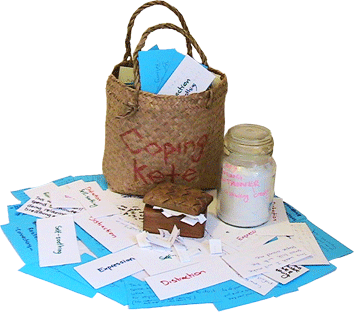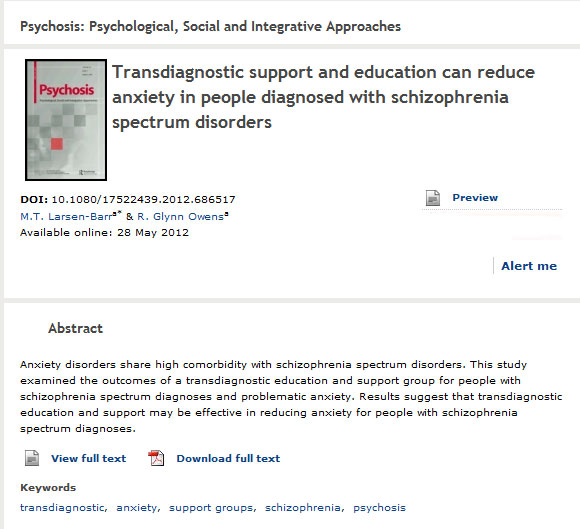Ruth De Souza recently had a chapter on Power Relations published in a book called Communication Across the Lifespan. She very kindly emailed this out amongst the community, as it is valuable reading for any mental-health or health practitioner.
“Introduction
Many practitioners see themselves as apolitical and powerless, particularly with regard to their relationships with the structures of medicine and management. However, in reality practitioners are powerful both as individuals and as members of the groups with which they identify. The structures and cultures within which most health and disability practitioners exist and work are based on beliefs and practices that constrain autonomy. These constraints are at work through a number of mechanisms, such as the market, the infusion of targets and performance measures and quality programmes (Newman & Vidler, 2006). In addition, the changing role of consumers or service users from passive recipients of care in the past to people who may be informed, empowered, articulate and ‘demanding’ poses a threat to the ‘knowledge–power knot’ on which professional power rests.
When practitioners view themselves as people who are doing good, they tend to lack awareness of their complicity and embeddedness in relations of power that structure inequality. Yet, power is embedded in everyday practices and interactions (Bradbury Jones, Sambrook & Irvine, 2008). Practitioners within the wider health and disability sectors contribute to social regulation through their roles as employees of the state. They enact government policies for the benefit of the health of the citizens of the state; so they are both governed and governing. Members of recognised professional groups are provided with a moral authority by their capacity to define problems and pose solutions, and their role in defining and evaluating good or normal behaviour and health practices through surveillance of the population and the criteria for interventions on behalf of the state (Gilbert, 2001, p. 201).
These ambivalent relationships with power that are evident among health professionals require exploration. This can be done by considering the various ways in which power is conceptualised and the micro and macro definitions of empowerment. Some shifts in power have occurred in the last few decades, largely influenced by various social movements. Maternity and mental health are two particular examples of professional practice and service delivery in which power can be recognised and ideas of empowerment can be translated meaningful engagement between service delivery and those who engage with the service.”
Click here to read the full chapter.
Ruth DeSouza, Senior Lecturer (Wed/Thurs and Fri am), Division of Health Care Practice, AUT University, Private Bag 92006, Auckland 1142








